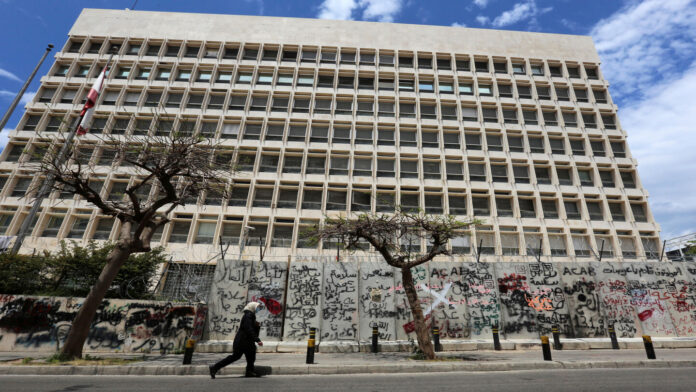Amid the profound economic transformations taking place in Lebanon and the region, Dr. Paul Morcos’ book titled “Banking Challenges and Developments in Lebanon and the Middle East“ emerges as a significant legal and economic reference. It sheds light on the reality of the banking sector and its multiple challenges, offering a balanced critical perspective on its future prospects.
A Comprehensive Legal-Economic Approach
Paul Morcos—an attorney, law professor, and expert in financial affairs—starts from the premise that understanding banking issues requires an intersection of law and economics. The book does not merely present banking facts from a critical standpoint but provides an in-depth analysis of the legal framework governing the relationship between banks, the state, and depositors. It also seeks to clarify structural gaps in financial legislation and explore ways to address them.
Lebanon: A Case Study of Crisis
The Lebanese banking sector serves as a focal point in the book, treated as a model of a complex banking crisis where political, legal, and financial dimensions intertwine. In this context, Morcos explores concepts such as banking secrecy, capital controls, and the collapse of trust between banks and citizens amid the absence of a clear reform plan. He also highlights how political decisions and inconsistent judicial rulings have impacted the structure of the banking system as a whole.
The Middle East: Different Contexts, Similar Challenges
The book expands its analysis to include countries in the region, noting that many Middle Eastern states face similar challenges, such as the need to update financial legislation, enhance transparency, combat money laundering, and promote financial inclusion. However, the author clarifies that contexts differ between oil-exporting countries, rentier economies, and those suffering from chronic political crises.
Banks in the Age of Digitalization and International Regulation
One of the key themes addressed in the book is the impact of international regulations—such as Basel III and anti-terrorism financing standards—and how regional banks are adapting to these frameworks. The book also discusses the challenges of digitalization in the banking sector, the importance of cybersecurity, and the need to equip banks to meet the expectations of a new generation of clients in the era of financial technology (FinTech).
Realistic Conclusions and Recommendations
While the book does not offer ready-made solutions, it presents constructive recommendations aimed at restructuring the banking sector through fundamental legal and administrative reforms, including:
-
Enacting a fair capital control law
-
Strengthening the independence of financial judiciary
-
Reassessing monetary and banking policies
-
Engaging civil society in the formulation of economic policies
